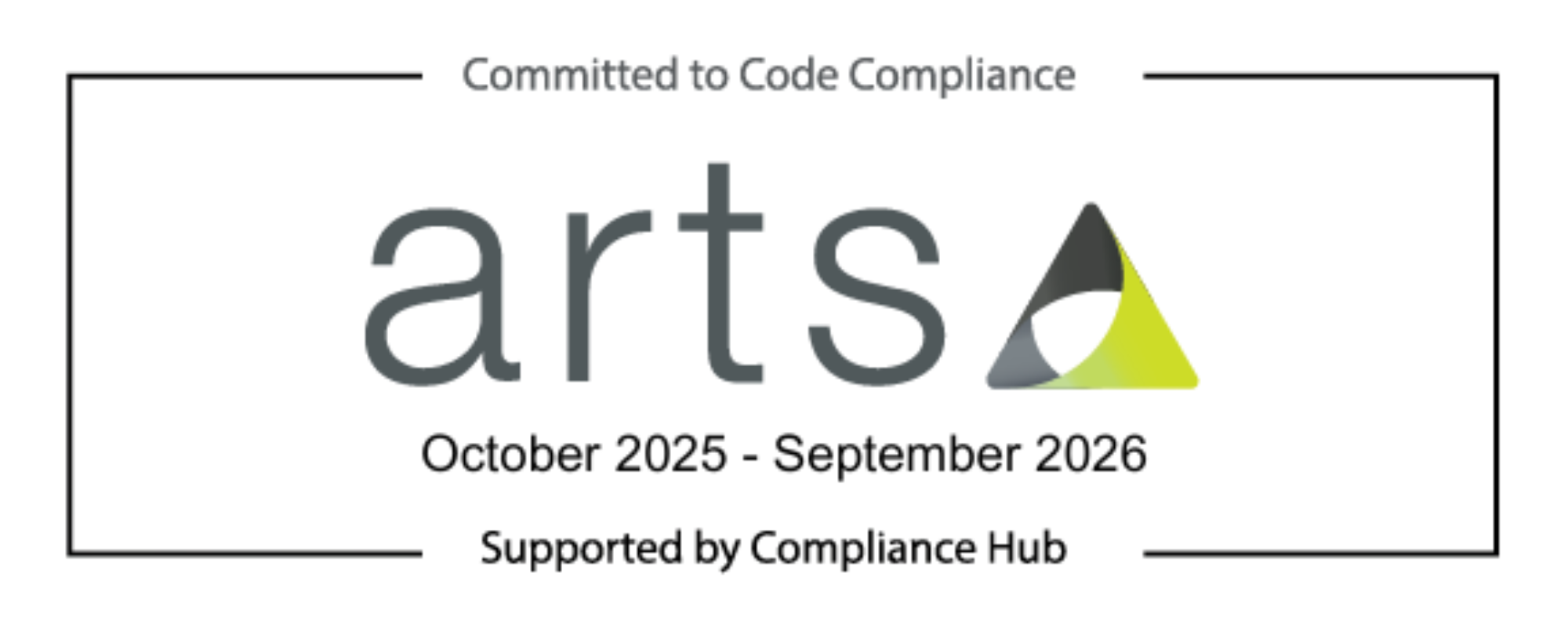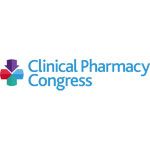What can we learn from hospital pharmacy in Norway?
The Clinical Pharmacy Congress is delighted to welcome Thomas Bäckstrøm as a speaker this year, to share more about how hospital pharmacy is organised in Norway, and give his thoughts on how this relates to some of our priorities and challenges in the UK – in particular around medication management and reducing medication errors.
Thomas is currently both the Chief Pharmacist at Sykehusapoteket Østfold, Kalnes, and the Chief Operating Officer for Region East in Sykehusapotekene HF. He is familiar with the UK, having started his pharmacy career by studying at Liverpool John Moores University to become a licensed pharmacist in 2002. With a specialist interest in Health Informatics and Automated Medication Management, he is currently studying for a master's in health informatics at the Norwegian University of Science and Technology in Trondheim.
Speaking on Friday in the Leadership & Professional Development Theatre, Thomas will introduce hosptital pharmacy in Norway and how it is organised. He will then go on to share how Norway, and particularly the South East region of Norway, has approached the implementation of closed loop medication management (CLMM).
As a member of the EAHP Special Interest Group (SIG) on Automated Medication Management, Thomas will outline the work they have undertaken, in addition to describing the new EAHP evaluation tool to assess the maturity of hospital pharmacy with regards to the level of automated medication management.
The SIG on Automated Medication Management focuses on exploring the advantages of automation in hospitals, including patient safety, efficiency, and inventory management. With a spotlight on reducing medication errors - a key objective of the World Health Organisation - the SIG aims to address the absence of a standardised approach to medication management across European hospitals. Through a survey among European Hospital Pharmacists, the SIG mapped the current landscape and proposed the European Autonomous Pharmacy Framework, aiming to establish guidelines and best practices for automated medication management. The survey, closed in July 2022, evaluated the status of automation in medication management and looked at its benefits, particularly in medication dispensing processes, aligning technology with diverse hospital pharmacy workflows.
The European Autonomous Pharmacy Framework, consisting of four key components - Automation, Governance of Data and Interoperability, Project Management, and Workforce Allocation – aims to provide a practical vision for enhancing automation in hospital pharmacies. Each component offers a five-level scale illustrating progress towards full automation in specific subcategories. Additionally, to help hospitals in assessing their progress, a tool has been developed, allowing them to gauge their status and advancement within the framework. This initiative aims to foster collaboration and standardisation in automated medication management across European hospitals, ultimately enhancing patient care and safety.
There are more than 237 million medication errors reported annually across the NHS in England, with a BMJ Quality and Safety study revealing that over half of these errors, 54.4%, occur during administration. These errors lead to patient harm, longer hospital stays, and higher healthcare costs. There will no doubt be a lot of interest in what Thomas can share with us.
Further reading:


 London
London


